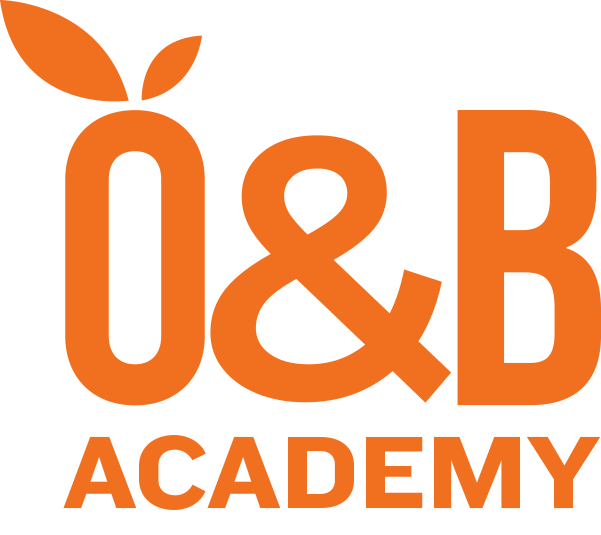Course Overview
PostgreSQL is one of the few open source databases that are well-accepted in corporate environments. It is prized for its stability and performance. However, most developers only use its basic features, not realizing its many features available for improving performance and reducing the complexity of applications.
This course allows the developer to maximize usage of the PostgreSQL database, as well as avoid common pitfalls. This training course was developed and is taught by some of the Philippines’ well-known and respected web developers, and uses the format trusted by some of the best companies in the Philippines.
Learning Outcomes
By the end of this course, you will be able to apply both basic and advanced features of the PostgreSQL database and avoid its common pitfalls.
Course Outline
PostgreSQL Fundamentals
- Command Line Administration with psql
- GUI Administration with pgAdmin
- Performance Monitoring with pg_top
- Backup and Restore
- Analyzing Performance of SQL Statements
- Reclaiming Storage
- Gathering Statistics
- Basic Data Types, Operators and Functions
- Arrays
- Range Types
- Enumerated Types
- Test Search
- XML
- JSON
Skill Level
Suitable For
Anyone who is new to SQL, needing to develop practical database skills relevant to the PostgreSQL platform.
Prerequisites
- SQL-101 — SQL Fundamentals
Duration
day
Related Topics
Skill Level
Suitable For
Anyone who is new to SQL, needing to develop practical database skills relevant to the PostgreSQL platform.
Duration
day
Related Topics
Course Overview
PostgreSQL is one of the few open source databases that are well-accepted in corporate environments. It is prized for its stability and performance. However, most developers only use its basic features, not realizing its many features available for improving performance and reducing the complexity of applications.
This course allows the developer to maximize usage of the PostgreSQL database, as well as avoid common pitfalls. This training course was developed and is taught by some of the Philippines’ well-known and respected web developers, and uses the format trusted by some of the best companies in the Philippines.
Learning Outcomes
By the end of this course, you will be able to apply both basic and advanced features of the PostgreSQL database and avoid its common pitfalls.
Course Outline
PostgreSQL Fundamentals
- Command Line Administration with psql
- GUI Administration with pgAdmin
- Performance Monitoring with pg_top
- Backup and Restore
- Analyzing Performance of SQL Statements
- Reclaiming Storage
- Gathering Statistics
- Basic Data Types, Operators and Functions
- Arrays
- Range Types
- Enumerated Types
- Test Search
- XML
- JSON



